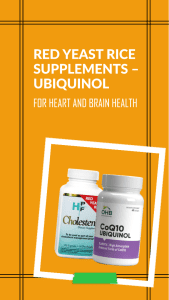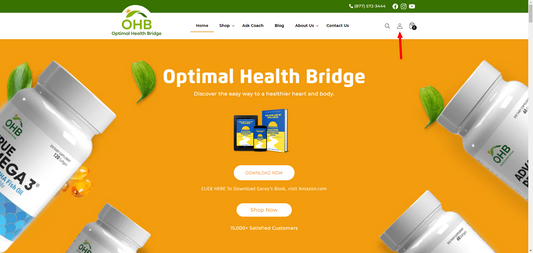
Share
In the modern world, where stress and fast-paced living have become the norm, finding balance and maintaining health can often seem like an elusive goal. Amidst the myriad of wellness trends and health tips, one ancient practice has stood the test of time for its profound impact on both mind and body: meditation. This simple yet powerful practice offers a pathway to better health, providing numerous benefits that enhance overall well-being.
Understanding Meditation

Meditation is a practice that involves focusing the mind and eliminating distractions to achieve a state of mental clarity and emotional calm. There are various forms of meditation, including mindfulness meditation, transcendental meditation, guided meditation, and loving-kindness meditation, each with its unique approach and benefits. Despite their differences, all forms of meditation share the common goal of fostering a deeper connection between the mind and body.
The Physical Benefits of Meditation
- Reduces Stress: One of the most well-documented benefits of meditation is its ability to reduce stress. By calming the mind, meditation helps to lower cortisol levels, the hormone associated with stress, leading to a more relaxed state.
- Lowers Blood Pressure: Regular meditation can help reduce high blood pressure by relaxing the blood vessels and improving circulation. This decrease in blood pressure can lower the risk of heart disease and stroke.
- Enhances Immune Function: Meditation has been shown to boost the immune system, helping the body to fight off illnesses more effectively. This is partly due to the reduction in stress hormones, which can otherwise suppress immune function.
- Improves Sleep Quality: Meditation promotes better sleep by calming the mind and reducing anxiety, which are common causes of insomnia. A regular meditation practice can lead to longer, more restful sleep.
- Alleviates Pain: Mindfulness meditation, in particular, has been found to reduce the perception of pain and improve pain management. By focusing on the present moment and detaching from the pain, individuals can experience relief and greater control over their discomfort.
The Mental and Emotional Benefits of Meditation
- Enhances Emotional Health: Meditation helps to regulate emotions and promote a positive outlook on life. It can reduce symptoms of depression and anxiety, fostering a sense of inner peace and contentment.
- Increases Self-Awareness: Through meditation, individuals can gain a deeper understanding of themselves and their thought patterns. This self-awareness can lead to personal growth and improved decision-making.
- Improves Concentration and Focus: Meditation trains the mind to concentrate and maintain focus. This enhanced mental clarity can improve productivity and performance in various aspects of life, from work to personal relationships.
- Promotes Compassion and Empathy: Practices like loving-kindness meditation can increase feelings of compassion and empathy towards oneself and others. This can lead to stronger, more positive relationships and a greater sense of connectedness.
Incorporating Meditation into Daily Life
Starting a meditation practice doesn’t require special equipment or a significant time commitment. Here are some simple steps to incorporate meditation into your daily routine:
- Set Aside Time: Begin with just a few minutes each day and gradually increase the duration as you become more comfortable with the practice. Consistency is more important than duration.
- Find a Quiet Space: Choose a quiet, comfortable space where you won’t be disturbed. This could be a dedicated meditation corner in your home or a peaceful spot in nature.I like the forest trails near my house, pictured above.
- Focus on Your Breath: A common meditation technique is to focus on your breath. Pay attention to the sensation of each inhale and exhale, allowing your breath to anchor your mind in the present moment.
- Use Guided Meditations: If you’re new to meditation, guided meditations can be helpful. There are numerous apps and online resources that offer guided sessions for various goals, such as relaxation, stress reduction, or improved sleep.
- Be Patient and Kind to Yourself: Meditation is a skill that takes time to develop. Be patient with yourself and approach the practice with a sense of curiosity and openness.
Why Not Try It Yourself?
Meditation is a powerful tool for enhancing health and well-being. Its benefits extend beyond the mind, positively impacting physical health and fostering a deeper connection between the body and mind. By incorporating meditation into your daily routine, you can reduce stress, improve emotional health, and cultivate a greater sense of balance and harmony in your life.
In a world that often feels chaotic and overwhelming, meditation offers a sanctuary of calm and clarity. Embrace this ancient practice and discover the transformative power it can bring to your health and happiness.









